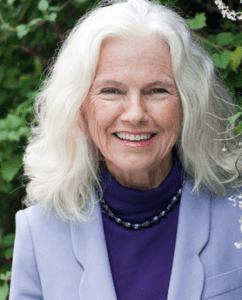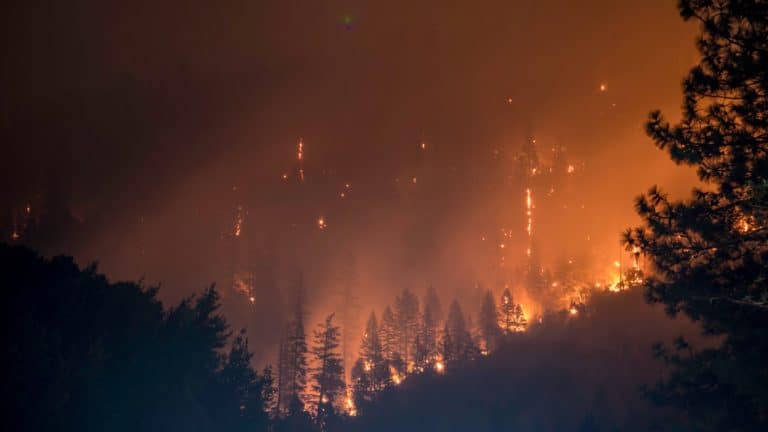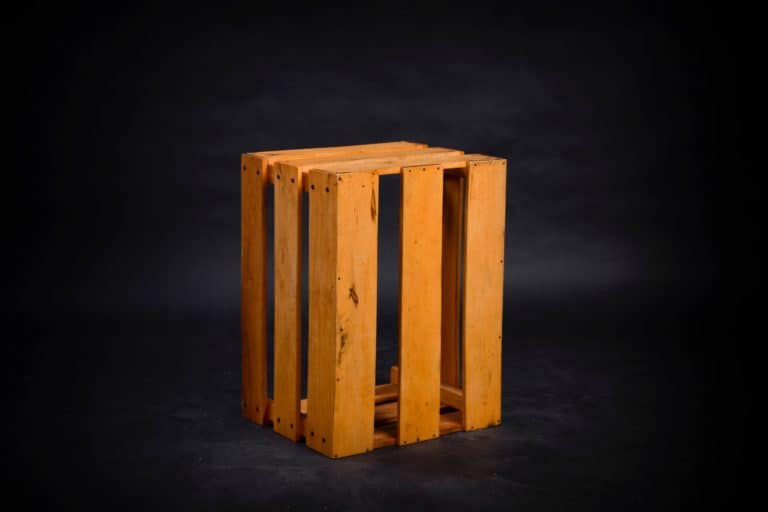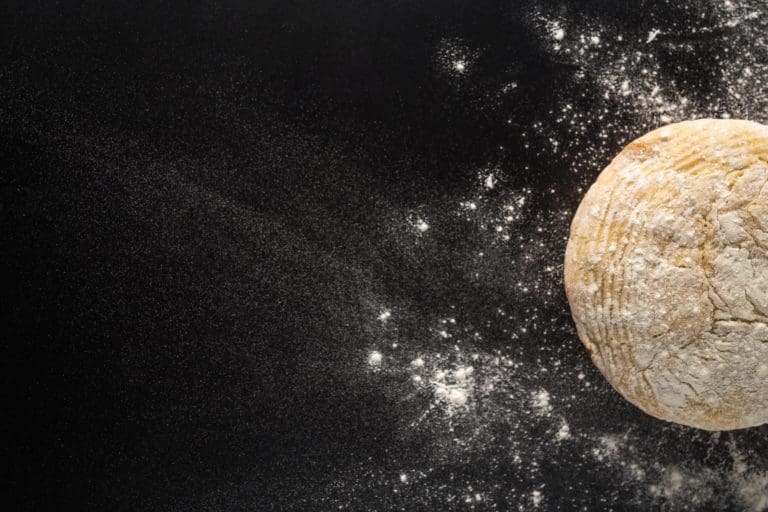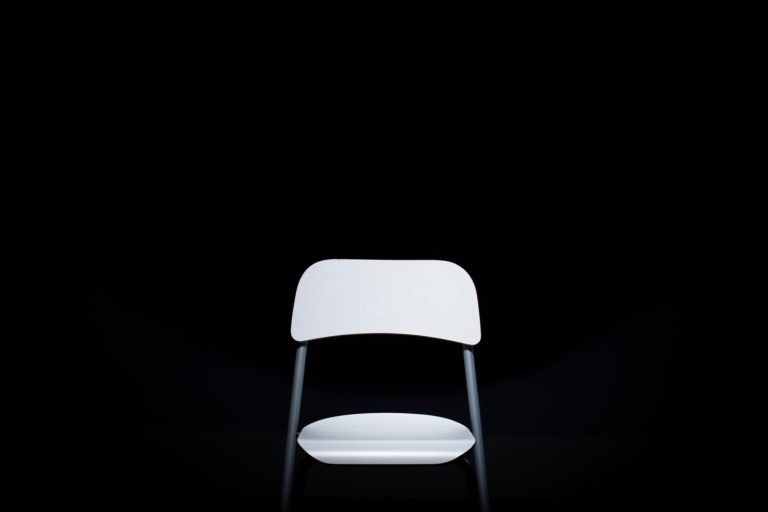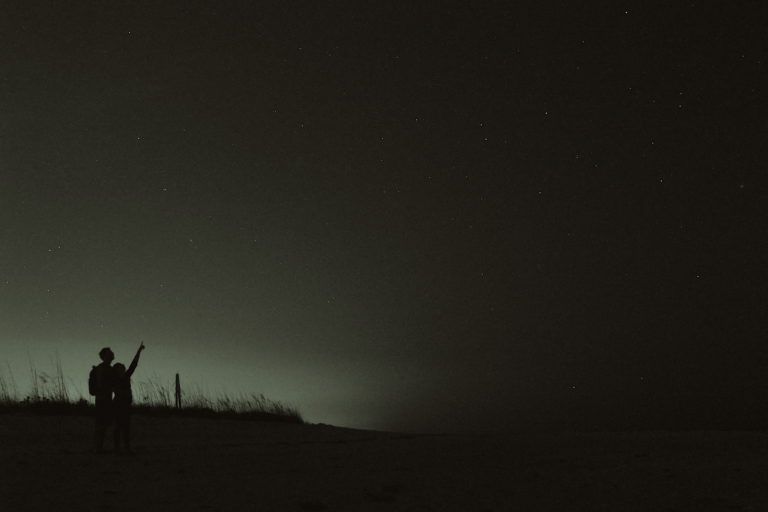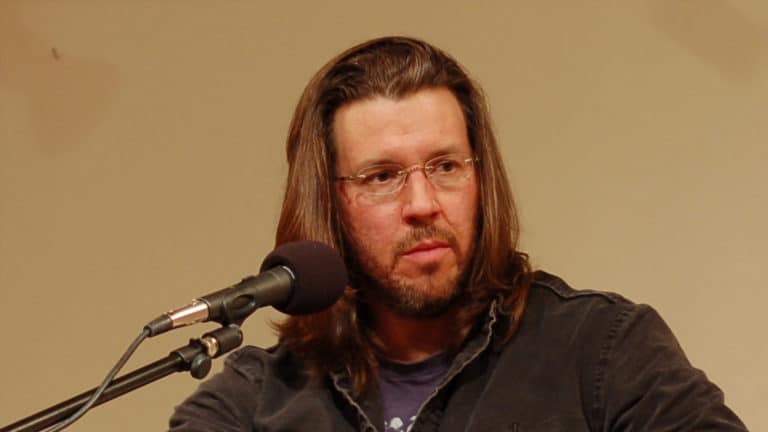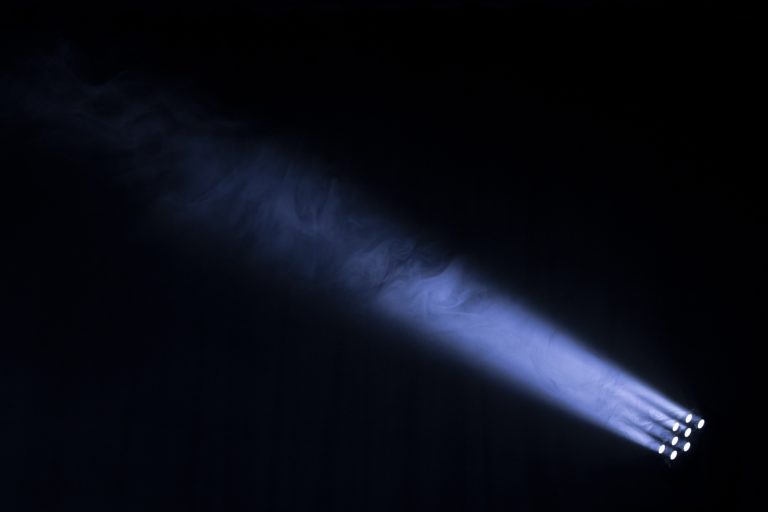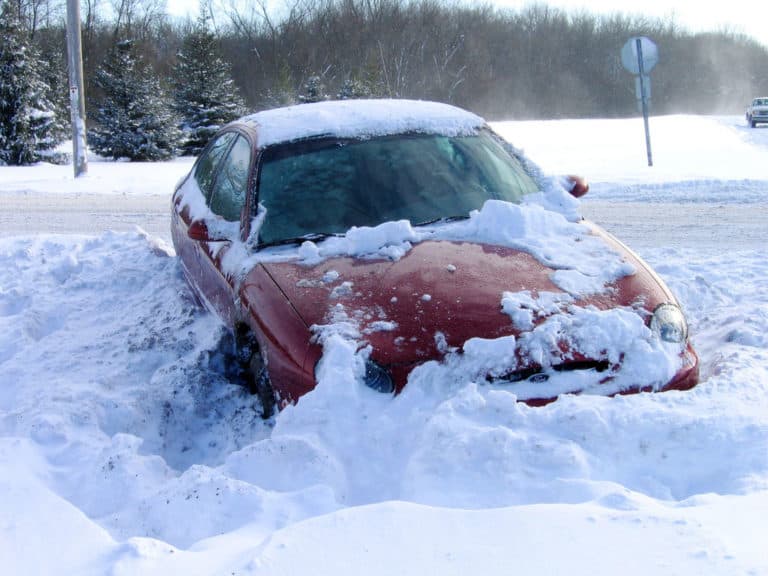Finding our material is one of the most essential parts of our work as writers. It is difficult, first, to find material with heat—dangerous material, where one is exposed morally, one’s reputation put in jeopardy; where one acknowledges one’s own responsibility in some crime of the heart, and is then willing to write about it. One needs to be reckless, ruthless, and at the same time rigid, coming back obsessively to the same source.
There are three main problems, it seems to me, when we look for our material. Firstly, we often don’t think we have any. One’s own life seems ordinary when it never is. Everyone, from the youngest child, particularly the youngest child, has experienced moments of intense drama; a young child, an adolescent is always vulnerable in one way or the other, and therefore interesting.
Secondly, we find our material but are unwilling to write about it. It takes courage—like everything else in the writing business. We do not necessarily acknowledge this treasure immediately.
Often our material lies glittering before our eyes but we avoid it carefully, going to great lengths to bury the gold under a mountain of trinkets. We may even find our subject and give it its title, but then write about something else.
If we compare Charlotte Bronte’s first book, The Professor—which you have probably never read—with what came next, Jane Eyre, we can see the great leap she made there.
Yet with The Professor she had found her subject, a traumatic experience which unhinged her, her love affair with her Belgian professor who, like Mr. Rochester, was a very much married man. But in this first book she doesn’t come close enough to her devastating but ultimately enriching experience, though she sets her story in Brussels and calls it “The Professor.” She tells her tale from the point of view of a man, William Crimsworth, who is somewhat insufferable and self-righteous. Returning to her subject—a love affair with a married man, as she would in Jane Eyre—and writing from the point of view of a governess, she wrote a more successful book.
The third pitfall is that we find material we are willing to write about but don’t know how to turn it into story. We need to restructure the material, taking the chaotic, fragmentary, and senseless acts of life and making of them something orderly, understandable, and conclusive.
I want to stress the active part of our work as writers: the transformation of the bare facts, the truth, if you will, or what we remember as truth, into a work of art—or what attempts to imitate art, attempts to reach the reader through a restructuring of the real events.
Often we write stories of suffering—”Pity me, oh, pity me!” the story says, or, “Look how wicked so and so has been to me!” or, “Look how unfair life has been to me!”
Certainly, there are elements of this in many of the great nineteenth century novels like Great Expectations, David Copperfield, and Mansfield Park, where a young child goes through much suffering. But these narrators are complicit in the crimes to some extent and take an active part in their destiny, ultimately discovering something about life and their own hearts.
So go out and ask yourself if the material you are using is the most dangerous, holds the most heat for you. What are you uncovering here? What are you willing to own up to—what crimes of the heart have you committed?
